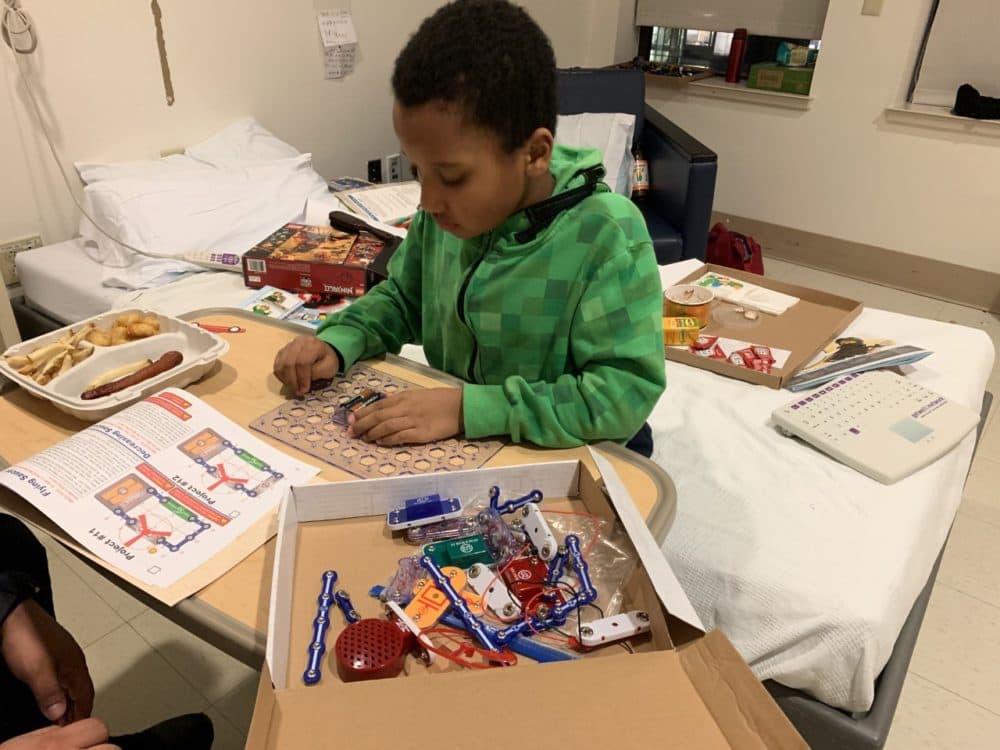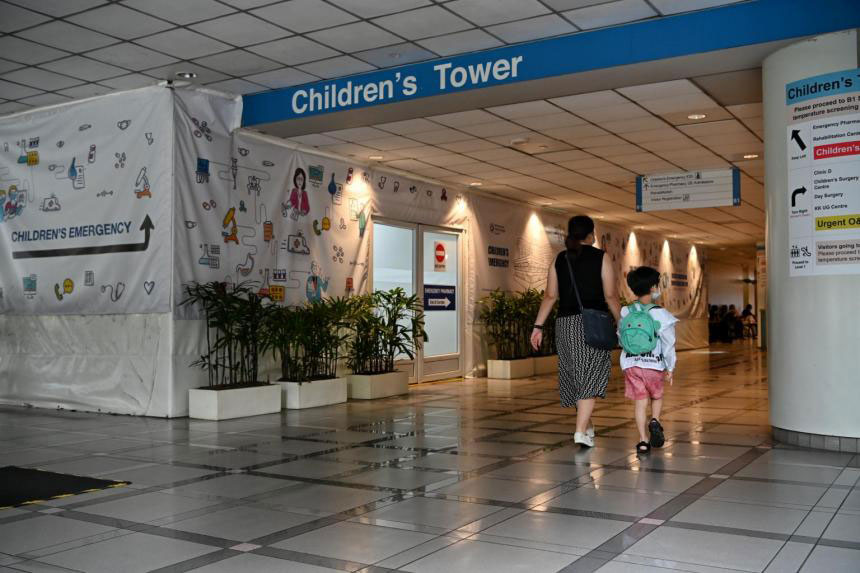Understanding the Need for Inpatient Care
Sometimes, the challenges young people face with their mental health become overwhelming, requiring more intensive support than outpatient therapy can provide. Inpatient care offers a structured, safe environment where children and adolescents can receive around-the-clock medical and therapeutic interventions. This is crucial when a young person is experiencing a significant mental health crisis, such as a severe depressive episode, suicidal ideation, self-harm behaviors, or a psychotic break. Inpatient programs provide a level of care that ensures their immediate safety and well-being while focusing on stabilizing their condition and equipping them with coping skills for the future.
Finding Inpatient Facilities in Your Area
Locating appropriate inpatient mental health care for your child can feel daunting. Start by contacting your child’s pediatrician or family doctor. They can provide referrals to local specialists and facilities, often based on your insurance coverage and the specific needs of your child. Additionally, you can search online directories of mental health providers, specifying “children’s inpatient mental health services” and your location. Remember to check reviews and ratings when researching different facilities to gain insight into the quality of care provided. Insurance providers also typically maintain lists of in-network facilities, which can assist in navigating the financial aspects of treatment.

What to Expect During Inpatient Treatment
Inpatient programs vary, but generally involve a structured daily routine encompassing therapy, medication management, and activities designed to promote healing and growth. Typical components include individual therapy sessions to address underlying issues, group therapy to foster peer support and connection, and family therapy to involve parents or guardians in the treatment process. Medications may be prescribed to manage symptoms, and regular medical monitoring is a key part of inpatient care. The daily schedule also frequently incorporates recreational activities and educational opportunities to maintain a sense of normalcy and promote overall well-being.
Types of Inpatient Programs for Kids
The specific type of inpatient program a child needs depends on their age, diagnosis, and the severity of their symptoms. Some programs specialize in treating specific conditions, such as anxiety disorders, eating disorders, or substance abuse. Others are designed to address a range of mental health concerns. There are also programs geared towards specific age groups, recognizing that the needs of a pre-teen differ considerably from those of a teenager. It’s vital to find a program that aligns with your child’s individual needs and developmental stage.
The Role of Family in Inpatient Care
Family involvement is often a crucial aspect of successful inpatient treatment. Regular family therapy sessions can help address family dynamics that may be contributing to the child’s mental health challenges. Furthermore, keeping open communication between the treatment team and the family ensures everyone is on the same page regarding the child’s progress and treatment plan. Families are often provided with education and resources to support their child’s recovery after discharge. Active participation from family members promotes a more holistic and effective approach to treatment.
Aftercare and Transitioning Back Home
Discharge from an inpatient program is not the end of the journey. A well-structured aftercare plan is essential for maintaining progress and preventing relapse. This often involves a combination of outpatient therapy, medication management, support groups, and ongoing family support. A gradual transition back into the home environment helps the child reintegrate into their daily routines and social life while continuing to receive the necessary support. The aftercare plan should be collaboratively developed by the treatment team, the child, and their family to ensure a smooth and successful transition.
Addressing Insurance and Financial Concerns
The cost of inpatient mental health care can be substantial. It is crucial to understand your insurance coverage before seeking treatment. Contact your insurance provider to verify what is covered, what your out-of-pocket expenses might be, and which facilities are in your network. Many facilities offer financial assistance programs or can guide you toward resources that can help offset the cost of treatment. Don’t hesitate to discuss financial concerns with the treatment facility; they are often equipped to help navigate these complexities.
Finding Support for Your Family
Navigating a child’s mental health challenges can be incredibly stressful for families. Remember that you are not alone. Seek support from family, friends, or support groups dedicated to helping families cope with mental illness. Many organizations offer resources and information for parents and caregivers. Don’t be afraid to reach out for help; utilizing the support systems available is crucial for maintaining your own well-being while supporting your child’s recovery. Click here for information about inpatient mental health services for children near you.



